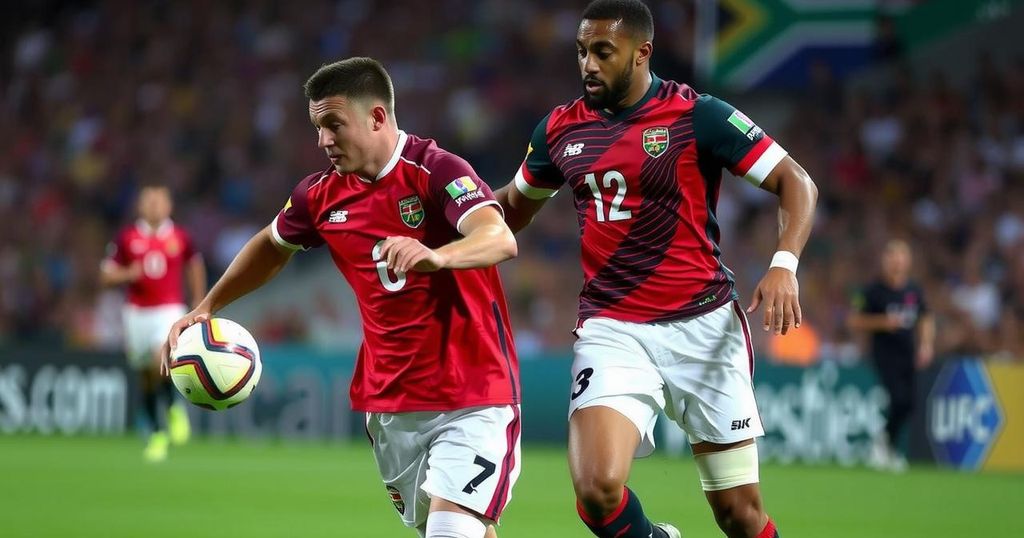South African teams have struggled in the Champions Cup, winning only one of their first six matches. Travel logistics and player fatigue are major issues after transitioning from the URC, leading to weakened team lineups. Despite these setbacks, coaches advocate for restructuring the tournament to improve competitiveness. The success and integration of South African teams remain vital for the future of rugby both regionally and in international arenas.
South Africa’s foray into European rugby competition, particularly the Champions Cup, has encountered significant obstacles despite a promising start highlighted by strong performances in the United Rugby Championship (URC). In the inaugural years, South African teams demonstrated potential, culminating in an all-South African final in 2021-22. However, the recent Champions Cup matches have seen South African teams struggle, winning only one out of six games. The travel demands have contributed markedly to this poor performance, as teams must adapt within tight timeframes, often leading to the fielding of weakened lineups.
In particular, the Sharks and Stormers faced heavy defeats against Leicester and London Irish, respectively, exposing issues related to player fatigue and injuries compounded by the travel schedule. Coaches from these franchises, such as John Dobson of the Stormers, acknowledge the need for South Africa to elevate its performance to validate its inclusion in such prestigious tournaments. Dobson stressed the importance of the Champions Cup for South African rugby, citing it as a catalyst for their success in international competitions.
Conversely, Dan Biggar, a prominent figure in rugby, discussed the appeal of South African teams bringing exceptional talent and viewership revenue to European competitions. He underscored the necessity for a more favorable schedule that allows teams to acclimate and compete effectively. Proposals include organizing tour-based schedules similar to those adopted in the URC, which would provide teams the opportunity to execute better performances during campaigns.
While a structural reform of the Champions Cup may be warranted, political dynamics complicate the integration of South African teams into European tournaments. Critics express hesitation about the sustainability and implications of expanding the competition to include another nation. As South Africa confronts these challenges, it must cultivate strategic alliances and a strong competitive presence to maintain its established role in the rugby landscape moving forward.
The South African rugby landscape has dramatically evolved since its national teams transitioned from Super Rugby to the United Rugby Championship (URC) and subsequently began participating in the European Champions Cup. This transformation provided opportunities for enhanced competition, showcased through the successful integration of South African teams in the URC, which fostered high-level rugby engagement. This article examines the recent difficulties faced by South African teams in the Champions Cup, considering the impact of travel logistics and player management on their performance against European clubs. The Nationals, having been crowned World Champions twice, initially seemed set to bolster the European rugby scene significantly. However, the current trend of disappointing results raises questions regarding their future position within European competitions, particularly regarding the requirement for practical structural adjustments and the importance of skepticism stemming from traditionalist factions within the northern hemisphere.
The current challenges faced by South African teams in the Champions Cup highlight significant logistical and operational concerns affecting their competitive edge. To ensure their continued participation and success in European tournaments, a reshaping of the competition format is necessary to address travel burdens and player welfare issues. As South African rugby navigates a fresh chapter, it stands at a crucial juncture where thoughtful reforms and strategic partnerships must be pursued to avoid diminishing returns on international exposure while enhancing rugby quality.
Original Source: rugby365.com






